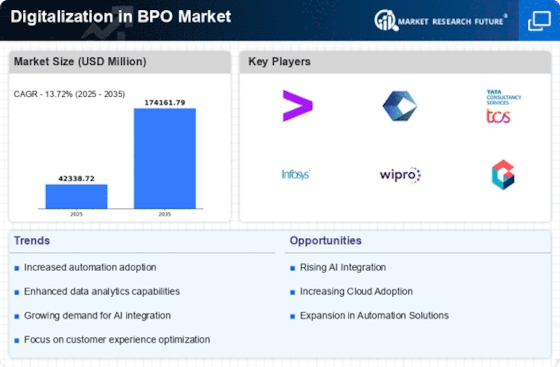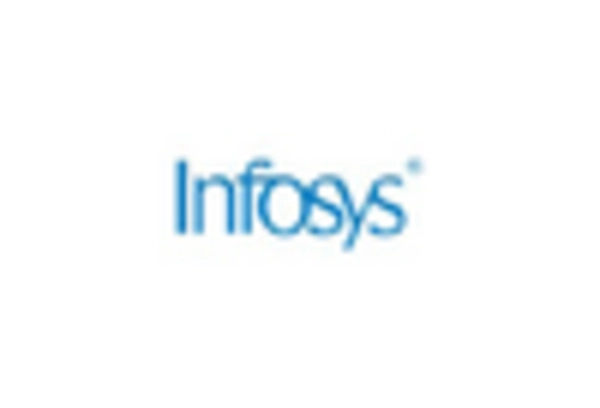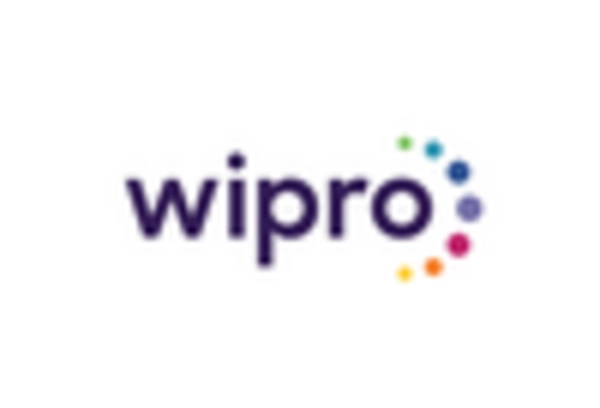Market Analysis
In-depth Analysis of Digitalization in BPO Market Industry Landscape
The digitalization of the Business Process Outsourcing (BPO) market has been significantly influenced by several key market factors. One of the primary drivers is the increasing demand for streamlined and efficient business processes. As businesses strive to optimize their operations and reduce costs, they turn to BPO providers who offer digital solutions that automate tasks, improve productivity, and enhance overall efficiency. This demand has been further fueled by the rapid advancement of technology, which has made digital solutions more accessible and affordable for businesses of all sizes.
Moreover, globalization has played a crucial role in shaping the digitalization of the BPO market. As companies expand their operations across borders, they require BPO partners who can provide seamless communication and collaboration regardless of geographical location. Digitalization enables BPO providers to offer services remotely, leveraging cloud-based platforms, collaboration tools, and virtual communication channels. This globalization trend has led to the emergence of specialized BPO hubs in regions with a skilled workforce and favorable business environments, further driving the adoption of digital solutions.
Another significant market factor driving digitalization in the BPO sector is the increasing emphasis on data security and compliance. With the growing volume of sensitive data being handled by BPO providers, businesses are prioritizing security measures to protect against cyber threats and ensure regulatory compliance. Digital solutions such as encryption, secure data storage, and access controls are integral to addressing these concerns and building trust with clients. BPO providers that invest in robust cybersecurity measures gain a competitive advantage in the market and attract clients who prioritize data protection.
Furthermore, customer expectations have evolved in the digital age, driving BPO providers to enhance the customer experience through digitalization. Consumers today demand personalized and efficient service across multiple channels, including voice, chat, email, and social media. BPO providers leverage digital technologies such as artificial intelligence, natural language processing, and chatbots to deliver tailored customer experiences that meet these expectations. By integrating digital channels and analytics tools, BPO firms can gain valuable insights into customer behavior and preferences, enabling them to offer proactive and responsive support.
Additionally, the COVID-19 pandemic has accelerated the digital transformation of the BPO market. The shift to remote work and the need for business continuity have compelled BPO providers to adopt digital solutions rapidly. Cloud-based platforms, virtual desktop infrastructure, and collaboration tools have become essential for enabling remote work and ensuring operational resilience. The pandemic has also highlighted the importance of agility and flexibility in the BPO industry, prompting providers to invest in scalable digital infrastructure that can adapt to changing business needs and market dynamics.


















Leave a Comment